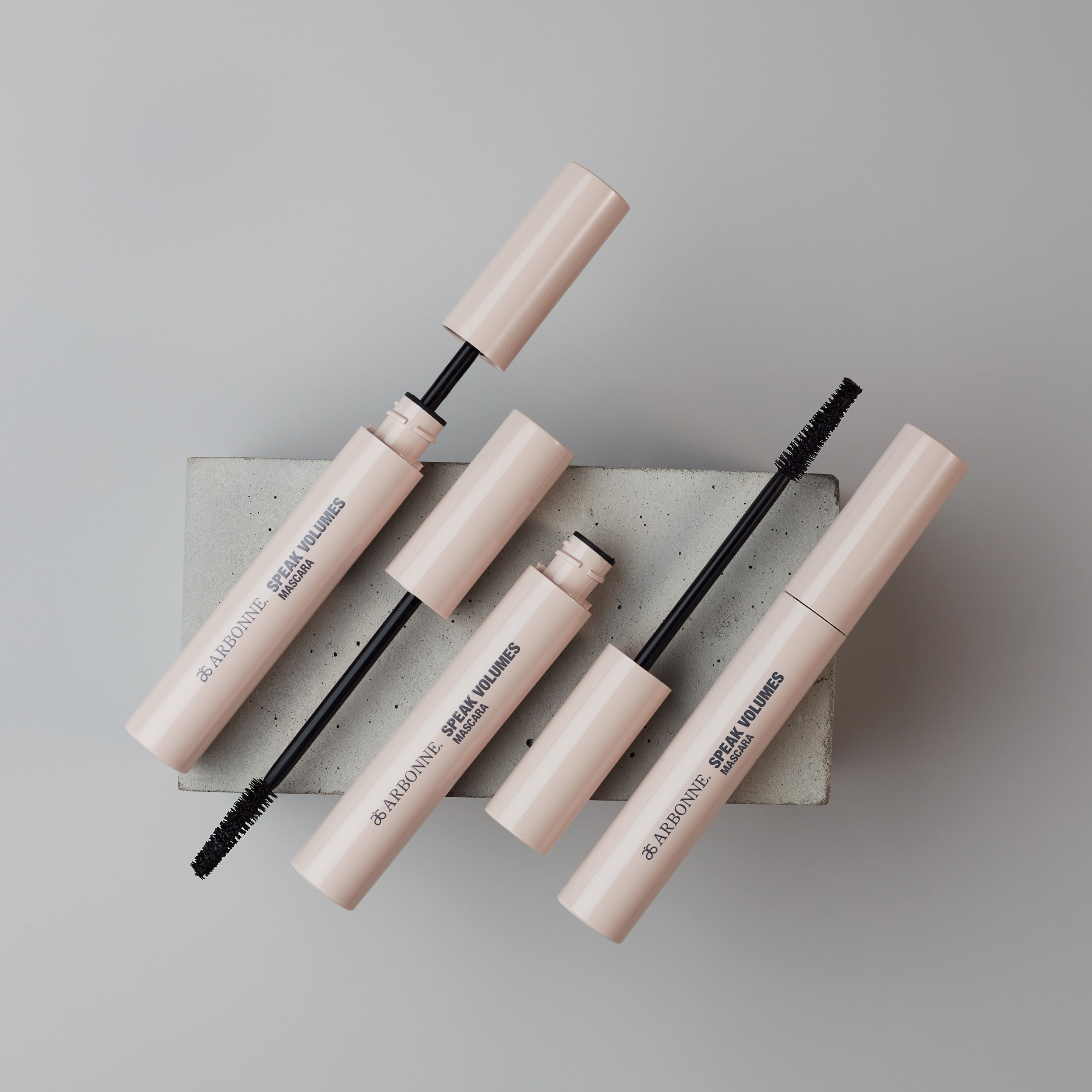A Quick Guide To Vegan And Cruelty-Free Cosmetics
This article contains affiliate links.
Vegan beauty products are flooding the market with the beauty industry keen to keep up with consumer demand for clean, organic, eco-friendly products.
This has led to an increase in marketing tactics and greenwashing - blurring the lines between a vegan (does not contain animal products) item and a cruelty-free (does not test on animals) item.
Feeling confused?
Let's unpack this issue in the article and find out exactly what it is you need to know about vegan and cruelty-free products.
What Is Cosmetic Animal Testing?
Cosmetic animal testing is when a product ingredient is tested on a live animal for safety reasons; usually to determine hypoallergic properties. These tests have proven less accurate than the scientific alternatives.
According to Cruelty Free International, there are safe alternatives to animal testing that are available and affordable.
Almost every type of human and animal cell can be grown in the laboratory. These can be used instead of animals to study biological and disease processes, as well as drug metabolism.
What Is A Vegan Cosmetic Product?
Vegan
Vegan-Friendly
100% Vegan
These all mean the same thing; the product doesn’t contain animal-derived ingredients or by-products.
Vegan cosmetics include makeup, skincare products, hair care products, nail care products and perfume.
When it comes to non-vegan ingredients there is a very long list.
Finding out if a product is authentically vegan can be difficult for consumers.
A few common ingredients include carmine, silk, glycerin, lanolin and beeswax. Non-vegan ingredients are found in cosmetics such as lip balm, nail polish, perfume, soap, deodorant, blush, eye shadow, false eyelashes and more.
Check for vegan certification or buy from vegan brands that are mindful of their ingredients.
What Is A Cruelty-Free Product?
Cruelty-Free
Not Tested On Animals
Against Animal Testing
This means that the ingredients listed in the product are not tested on animals.
Brands can use tricky marketing techniques, greenwashing and other 'fine print' to make their products appear ethical. Read on to learn more about animal testing.
Are Vegan Products Cruelty-Free?
No, not always.
Some beauty products may be free from animal products but that does not mean that the ingredients used were not tested on animals. In fact, many brands who are known for testing on animals have accidentally vegan products in their range; but this does not make them ethical.
Vegan beauty products that come from a 100% vegan line are much more likely to be against animal testing.
Vegan brands are mindful of their impact and understand that consumers want a cruelty-free products.
Furthermore, non-vegan products can be certified cruelty-free. The fact that it may contain animal products like milk, gelatin or beeswax is permissible so long as the ingredients were not tested on animals.
To receive cruelty-free certification, companies must ensure that no animal testing is done at any phase of the production process.
It is common for companies not to test the final product on animals, but to test it along the way or to use ingredients that have been tested on animals by a third party. This is why certification is so important for consumers as it helps to clear any confusion
What About Animal Testing In China?
One area that can be confusing is mandatory animal testing of cosmetic products. This is because a company can say they are cruelty-free 'except when it is required by law'.
Brands often claim they are cruelty-free (which may be the case) until you read the fine print which says that their products are now for sale in China. This is then a cause for concern.
What does this matter?
China requires all cosmetic products sold in China from abroad to be tested on animals by law.
Why Does It Matter?
Animal testing for cosmetics is not ethical or compassionate. There are over 7,000 cosmetic ingredients already proven to be safe and animal testing is not needed for new ingredients due to the improvements in modern testing technology.
Consumers are demanding transparency from brands knowing that our money holds a huge influence over the actions of the industry. The best way to make a change is to refuse to purchase cosmetics that are not against animal testing.
Introducing Arbonne | Vegan & Cruelty Free Cosmetics
As an Independent Consultant for Arbonne, I have been using and recommending the vegan and cruelty-free Arbonne range after making the switch from harmful ingredients that were negatively affecting my skin and overall wellbeing. Not only is Arbonne 100% vegan and against animal testing, but it is also a Certified B Corporation. Even better is that Arbonne prohibits over 2,000 ingredients such as PEGs, parabens and phthalates, and some of the most common allergens.
In my opinion, Arbonne offers luxurious, high quality, clean cosmetics without any nasty ingredients so you can feel good about your skincare choices. If you would like more information on how to get started using the Arbonne range - contact Cherie today.
THIS CONTENT IS PRODUCED BY AN ARBONNE INDEPENDENT CONSULTANT; NOT PROVIDED BY OR REPRESENTATIVE OF ARBONNE.
Final Thoughts
The good news is that more than 40 countries have passed laws to limit or ban cosmetic animal testing, including every country in the European Union, Australia, Colombia, Guatemala, Iceland, India, Israel, New Zealand, Norway, South Korea, Switzerland, Taiwan, Turkey, the United Kingdom and several states in Brazil.
In addition, there are ethical cosmetic brands that are 100% vegan and 100% cruelty-free on the market so you don’t have to support brands that are not against animal testing.
So, while cruelty-free products might not test on animals they can still contain vegan ingredients and even though a product might be accidentally vegan the brand might test on animals.
The best way to be sure? Buy from a certified vegan company that is transparent about its animal testing policy and avoids any animal-derived ingredients.



